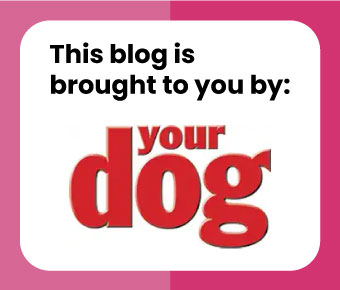Why does my dog eat grass?
Question:
I have a three-year-old Labrador X Vizsla spayed bitch who is constantly eating grass. Is she lacking in nutrients? Should I change her diet?
Answer One:
Roberta Baxter says:
Eating grass can be an indication of a digestive disorder, and often accompanies symptoms such as diarrhoea or vomiting, so addressing any digestive problems is advisable.
Have you wormed your dog with an effective wormer in the last month? It might be worth changing her food to another good-quality, low-allergy food. It might be worth getting a faecal sample checked out — your vet could send it to a lab to check for intestinal infections and parasites.
Grass eating could just be an anxious habit that you could distract her from. But the habit could increase her chances of picking up a range of parasites, including heartworm, so even if she isn’t unwell in any way, it is worth having her checked out by your vet and discussing whether she is on an appropriate worming regime.
Answer Two:
John Burns says:
Grass eating is an intuitive action which is intended to have a cleansing effect on the digestive tract, sometimes by stimulating vomiting. The purpose is to remove toxic waste from the system — it isn’t because she’s lacking in something. It tends to be much more common when the dog is being fed on low-quality food, but it can also happen when you over-feed a good-quality diet.
The first thing is to stop giving your dog any treats and/or reduce the amount of her normal food. That should work, but if it doesn’t, try another variety of a high-quality, hypo-allergenic food.
- Eating grass can be a sign of digestive problems. Consider checking for symptoms like diarrhoea or vomiting.
- Ensure your dog is regularly wormed with an effective wormer. A faecal sample might help identify any intestinal parasites.
- Switching to a high-quality, low-allergy dog food could help if your dog frequently eats grass.
- If the grass eating is due to anxiety, finding ways to reduce anxiety and distract your dog might help.
- Overfeeding, even with high-quality food, can cause grass eating. Adjust portions and eliminate unnecessary treats.
- Regular vet visits to discuss your dog's worming schedule and overall health are recommended, especially if this behavior is frequent.



